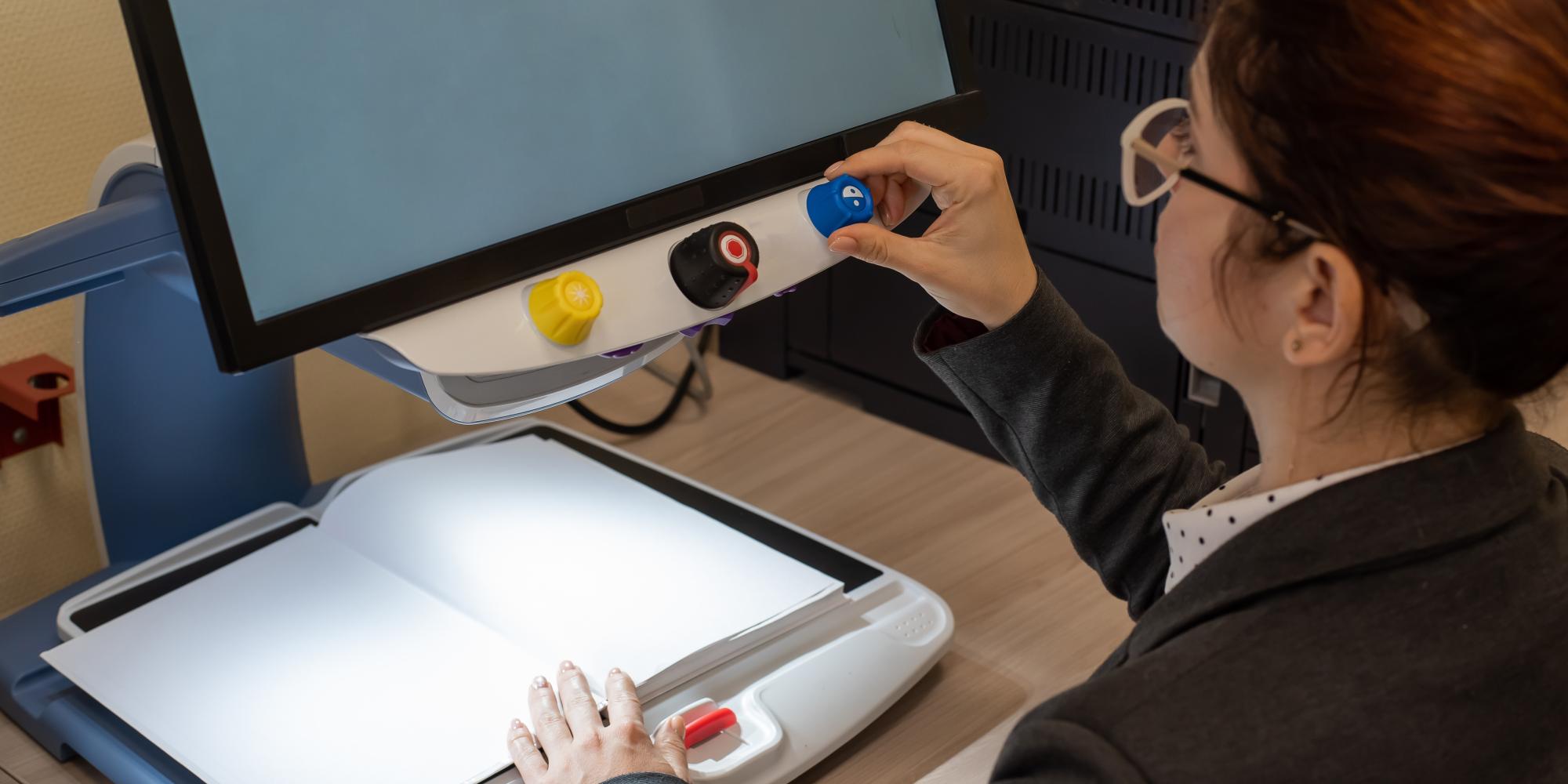Query 19 - Primary education for children with disabilities: learning from implementation in Syria
This query is a short summary of information gathered from interviews with implementers working on education for children with disabilities in Syria.
SDDirect provides research, guidance, and technical support on disability inclusion in all aspects of policy and programming.
We also mainstream disability inclusion throughout our work to promote the ‘leave no one behind’ agenda and the ‘nothing about us, without us’ call from the disability rights movement.

An estimated 1.3 billion people, or 16% of the global population, have a disability. Despite this, people with disabilities have historically been overlooked in development and humanitarian policy and programming. Too often people with disabilities are denied their basic human rights, including access to education, employment and health services. The disability rights movement is advocating for change.
"…disability results from the interaction between persons with impairments and attitudinal and environmental barriers that hinders their full and effective participation in society, on an equal basis with others" - United Nations Convention on the Rights of Persons with Disabilities

SDDirect has extensive experience providing guidance on disability inclusion across sectors. Through the Disability Inclusive Development Helpdesk, we support the generation of a rigorous evidence base on ‘what works’ to deliver results for people with disabilities. The Helpdesk also provides technical and training support to ensure that data and evidence is used to drive further action and investment in disability inclusion.
We promote disability inclusion through our broader work, including our work on gender-based violence, infrastructure, safeguarding, and women’s economic empowerment.
We take a rights-based approach to disability inclusion and apply a gender and intersectionality lens in everything we do. Working with organisations of persons with disability (OPDs) is central to our approach and essential to promote the approach advocated by the disability rights movement: “nothing about us without us”.
We work to promote disability inclusion in our workplace and operations. SDDirect is a Disability Confident Employer, and we have an active Disability Inclusion Working Group that reports to our executive management team.
If you would like to hear more about our work on Disability Inclusion, please reach out to Rebekah Martin, Head of Disability Inclusion portfolio, rebekah.martin@sddirect.org.uk.
This query is a short summary of information gathered from interviews with implementers working on education for children with disabilities in Syria.
This report summarises findings from a rapid evidence review and online webinar that explored best practice in disability inclusion in agriculture and mobile-based interventions for smallholder farmers.
This report is a rapid review of the evidence on mental health and psychosocial support (MHPSS) in Syria.
This report provides a brief overview of the key barriers for people with disabilities in Gaza and the Palestinian Authority’s normative/policy framework around disability. It maps existing interventions (both disability specific and inclusive programmes – priority sectors are health, education, economic development) in Gaza to support people with physical and mental disabilities.
This report provides a brief overview of the evidence of the relationship between mental health, maternal health and SRHR, including evidence on relevant outcomes.
This report provides a rapid review of the evidence on approaches to ensuring people with disabilities are reached through humanitarian programmes, including evidence on barriers to access as well as evidence of impact on participation and outcomes.
This report provides a rapid review of the evidence on disability inclusive approaches to HIV prevention and response.
This document provides a rapid review of the evidence on approaches to ensuring people with disabilities are reached through nutrition programming, focusing on children, adolescents, and women of reproductive age in low and middle-income countries (LMICs).
This report considers the impact of training programmes on employment and/or livelihoods outcomes for people with disabilities in low and middle income countries.
This document provides a rapid review of the evidence on the scale of sexual exploitation, abuse, and sexual harassment (SEAH) against people with disabilities globally, and within the aid sector, drawing on evidence from other sectors.

